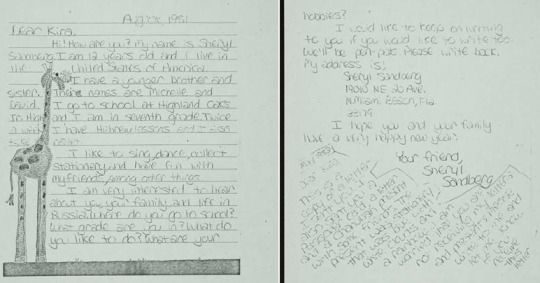by J.D. Arden, M.L.I.S. candidate, Genealogy & Reference Services Assistant Librarian and Research Intern, Center for Jewish History
On Thursday, the 16th Street Book Club met at the Center for Jewish History in Manhattan to welcome the author Matti Friedman and talk to him about his book, The Aleppo Codex. If there is one thing to take for certain while sitting around the table at a book club discussion, it is that everyone has a different way of looking at a story. The story of the actual Aleppo Codex, also known as the keter aram-tzova (כֶּתֶר ארם צובה or Crown of Aleppo), is a riveting and contentious foray into the hot zone where human history mingles with political interpretation, academic intrigue and superstitious mysticism.
The question at the heart of Matti Friedman’s work is how hundreds of pages of the oldest known authoritatively exact handwritten compilation of the Hebrew Bible came to be housed in the Shrine of the Book in Jerusalem, overlooked in comparison to the fanfare for the Dead Sea Scrolls. How did this rare gem in the history of the written word lose so much ground, and yet gain so much contention, from its creation in 10th-century Tiberias on the Sea of Galilee, passed through various hands from Jerusalem to Cairo to Aleppo, Syria, finally smuggled back into a nascent modern State of Israel—where the Aleppo Codex was barely mentioned and not viewed by the public for decades?
Matti Friedman’s book is an ode to the power of the written word to inform, embellish and impel imagined and actual human experience. But it is not a fictionalized history. The story of a book that became a character in its own tragic or redemptive narrative has a lot to say about how our societies tell (or don’t tell) certain stories.
One of the layers that shrouds the Aleppo Codex in mystery is the untold story of Jews of the entire Middle East. From North Africa to Syria to Iraq, there were communities which existed parallel to the Roman-era Diaspora, but that are now superseded in history by the more dramatic story of exile into Europe. Whereas one could say Jews of the West “hit the ground running” and never stopped for several centuries—the Jewish communities of the East marked time in a slow, deliberate, rooted pace that built ties of commerce and culture over those same centuries. But theirs is now a largely forgotten story.
Part of the willful amnesia that keeps the heated narrative of the Middle East spinning in circles is indeed that the accusation of Israeli colonialism of Arabs is from Arab leaders who are barely one generation away from regimes that massacred and kicked out Jews of the broader Middle East—who themselves had been around in the 10th century to be colonized and displaced by the Arabs. Those Jews and their next generation (who in the case of Baghdad made 30% of the city’s population until the 1940s) now represent roughly half of the Jews in Israel… and now basically 0% of the emptied Jewish neighborhoods of Cairo, Casablanca, Aleppo, Tunis, Algiers or Tripoli. Yet their story, as integral as it is to understanding the roadblocks to healing and peace, is relatively unknown.
As one aspect of the historical context of The Aleppo Codex indicates, the fissure across the Middle East erupted after decades of impotent anger at European colonialism (mixed with precisely those Europeans’ powerful formulas of anti-Semitism) was redirected at the very Jews who for centuries had “known their (subservient) place” in the ornate, traditional, plodding, hierarchical societies of Islamic civilization. As witnessed by the the mob fury of 1947 that may have almost destroyed the original Aleppo Codex, the chant of اليهود كلبنا, Al-yahud kilabna, “the Jews are our dogs,” is telling in the unresolved frustration and feared social role reversal it belies. The words that we choose are powerful, but they also tell us many things about our anxieties and uncertainties. “They are our dogs… aren’t they?"
In the power of another word, the name of a town, contained in the alternate title of the book we are discussing, the Jews of Aram-Tzova make this half-buried point: that they were living in that same place when the Greeks and Romans renamed it Beroea and the Arabs and Ottomans renamed it Halab and finally the English mark off Aleppo… Whether the city and its inhabitants are the same by a different name is a matter of human interpretation. There are many ways to tell the same story. But no story can ever be told if its pages are scattered and hidden.

